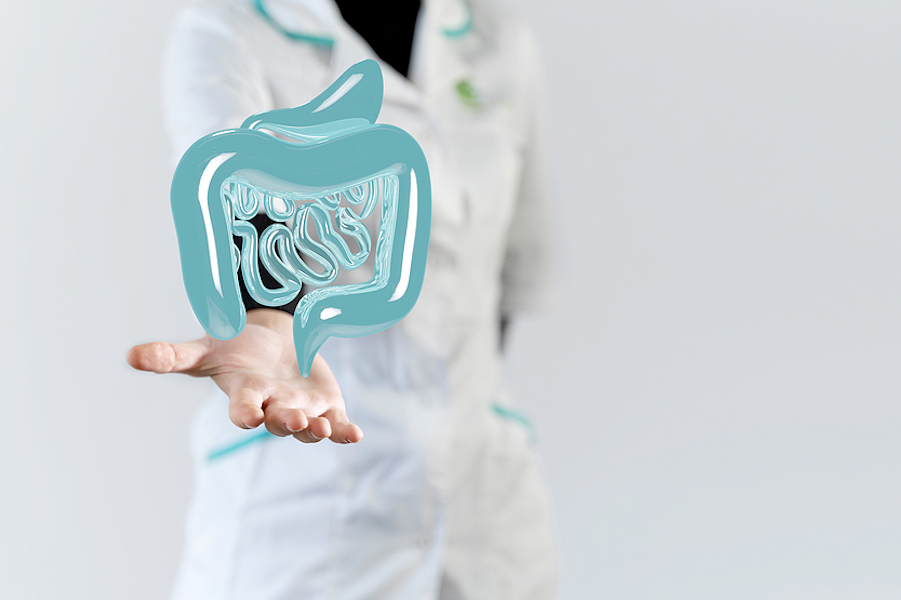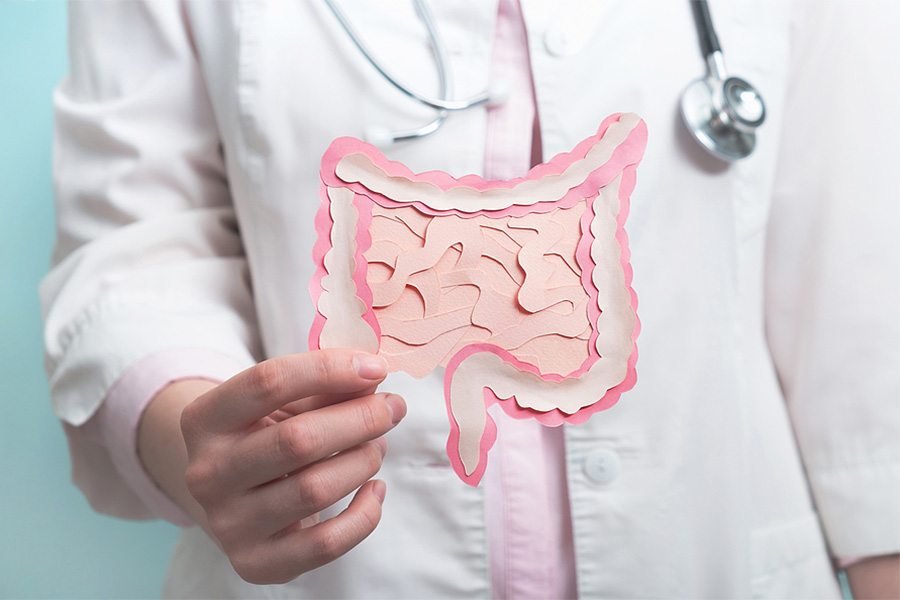I see women all the time who have been suffering from digestive issues for long periods of time with no clear idea of what is causing it, or what they can do about it. Many have just learned to “live with it.” But ignoring symptoms can lead to much bigger issues.
Any woman suffering from gastrointestinal upset, including a chronic sense of fullness or bloating, should see their healthcare practitioner. Most of the time these common symptoms are easily treatable; on occasion they may indicate a more serious human condition.
My experience in working with women with digestive problems is that tests need to be done to evaluate the flora of the intestines and to establish if there is a parasite infection, systemic yeast, and/or food sensitivities (the latter often accompanies digestive problems). With these test results as a guide, dietary changes are recommended and any emotional issues, such as judgmentalism or stress, are addressed in conjunction with a regime of nutritional supplements. Many of these tests can be done with specific labs that are geared to evaluating the entire digestive process.
Once the results of the tests are back, it is easy to determine what specific nutritional changes need to take place, whether further blood tests should be done to evaluate food sensitivities, and what particular supplements need to be added to the dietary regime. If we suspect a food sensitivity — usually dairy, wheat, eggs, corn or sugar — we recommend eliminating the potential allergen from a patient’s diet for a week and then reintroducing it for a day. Most of the time a day or two is all it takes to make a food sensitivity clear. Supplementing nutrition with a medical-grade daily multivitamin is critical in restoring health to the digestive tract. Of particular importance is the addition of essential fatty acids that help reduce inflammation in the intestines.
All of the supplements that we use in our clinic are natural and support the healing process of the digestive system. But nutrition isn’t the only thing that needs to be addressed. My experience has been that a discussion of how emotions may play a role needs to take place as well, as the two are intimately connected. Stress can have a huge impact on the production of digestive enzymes and the digestive process in general. Remember to chew your food, and when possible, sit down to eat. Eating at your desk and multi-tasking don’t do your digestive process any favors.
A daily dose of probiotics, such as acidophilus and bifidobacteria, is helpful in maintaining the right ratio of bacteria in the intestines. This is especially important if you are taking antibiotics, as these drugs destroy both friendly and unfriendly bacteria indiscriminately. Be sure to find a probiotic with at least 10 billion live organisms per dose.
When you take the time to address your digestive problems rather than pushing them aside, you’ll be pleased to find that you simply do not have to live with them. We can help!







